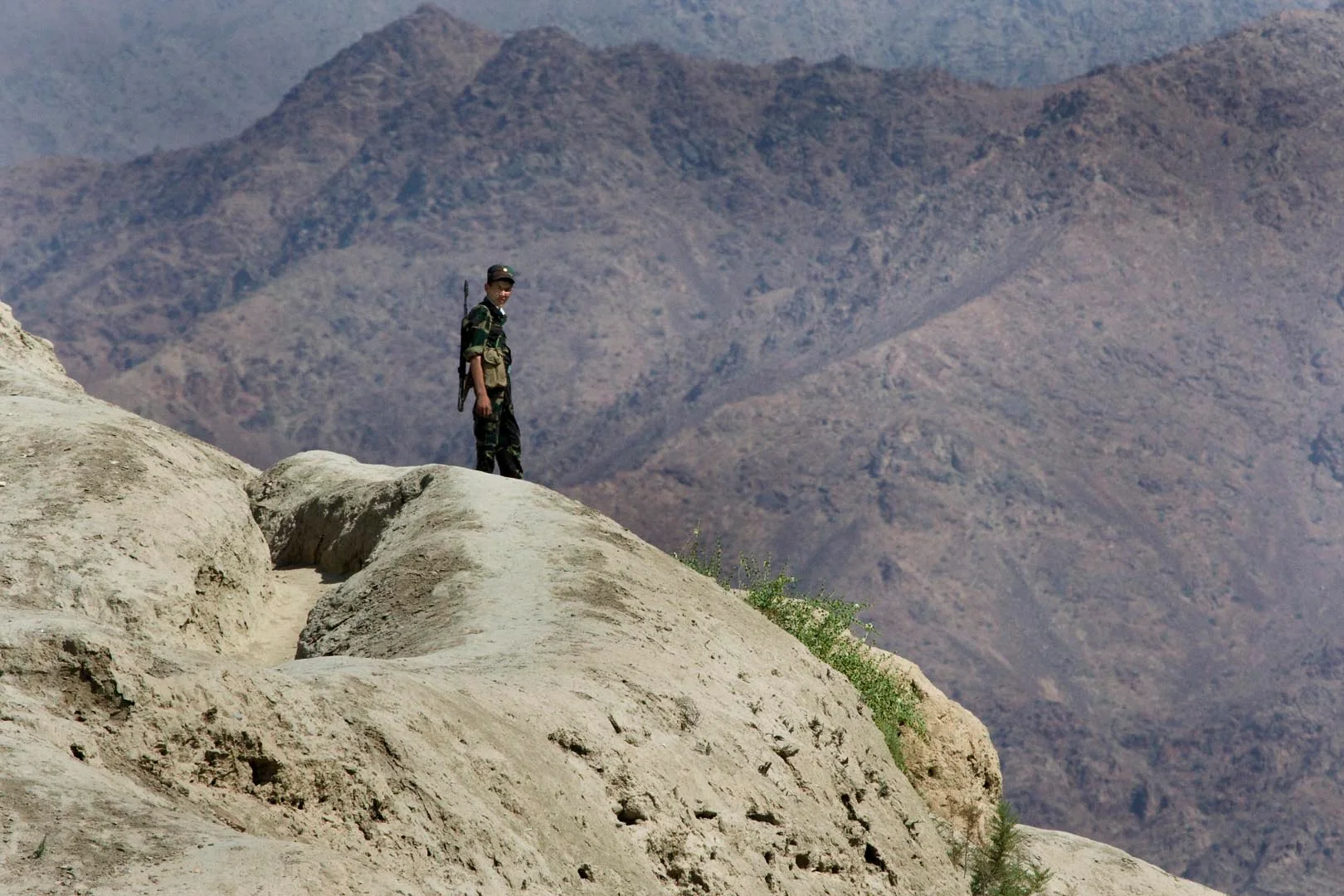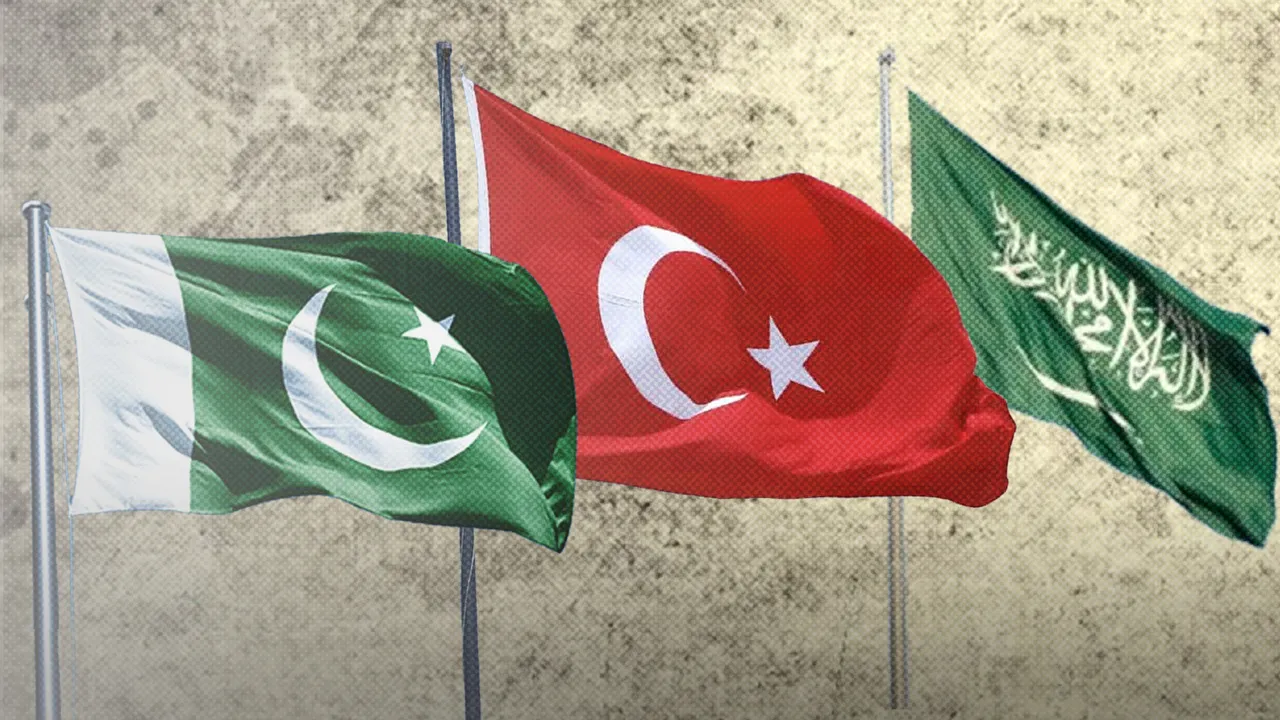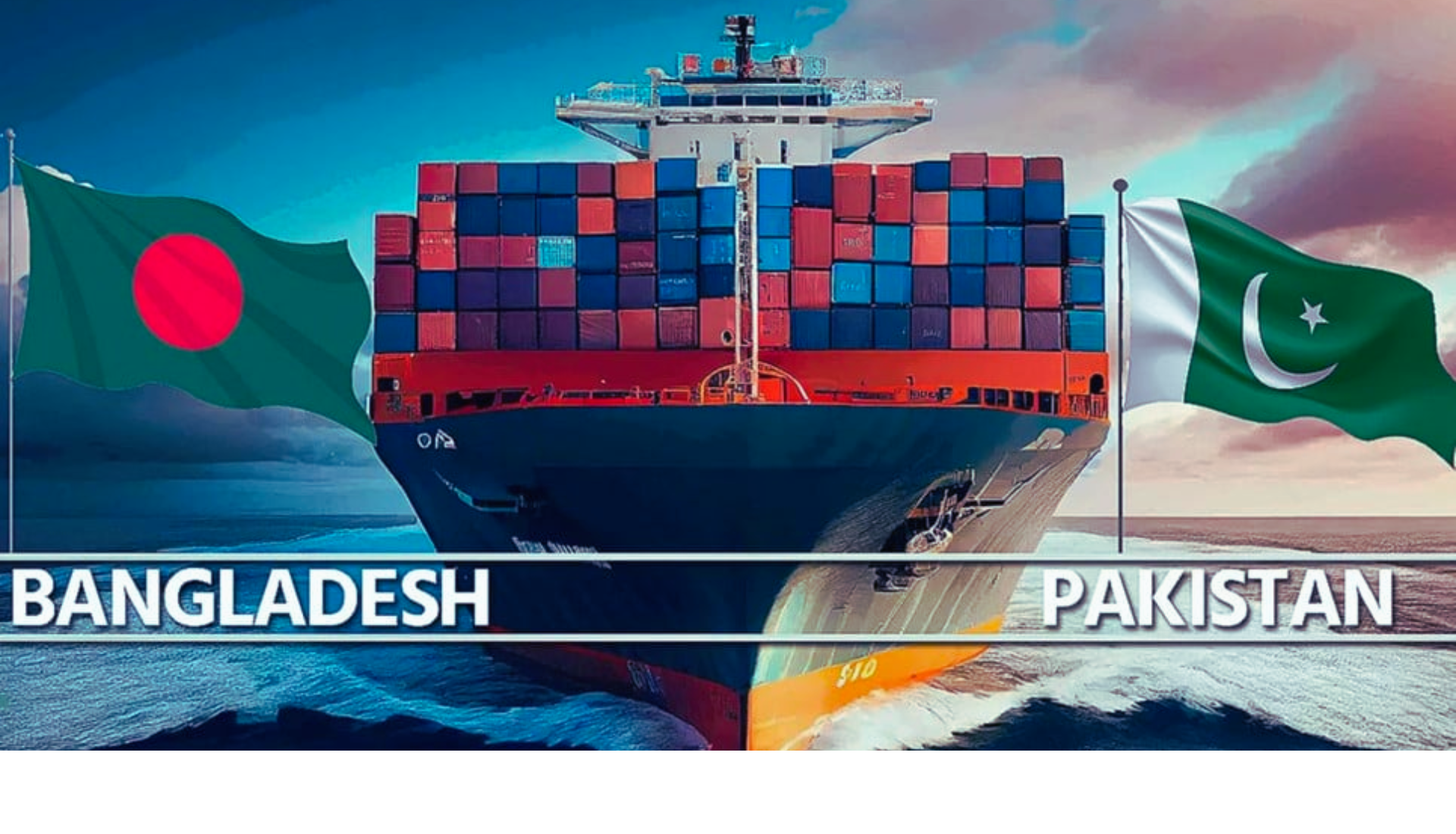China’s top diplomat has declared that Beijing will “firmly counter” United States pressure after President Donald Trump heaped tariffs on Chinese goods. Foreign Minister Wang Yi also accused Washington of “meeting good with evil” for provoking a trade war between the world’s two largest economies.
Speaking at a news conference on the sidelines of a key political meeting in the Chinese capital on Friday, Wang warned that the “law of the jungle” could take hold in the world if nations were to pursue purely their own interests.
The US and China have been reengaging in tit-for-tat retaliatory tariffs since Trump’s return to office in January. The US has imposed flat tariffs of 20 percent on all Chinese imports, and in response, China slapped additional 15 percent duties on US imports including chicken, pork, soy and beef, and expanded controls on doing business with key US companies.
“China-US economic and trade ties are mutual,” Wang told reporters.
“If you choose to cooperate, you can achieve mutually beneficial and win-win results. If you use only pressure, China will firmly counter,” he added.
Wang also rejected Trump’s assertion that the imposition of new US tariffs is punishment for Beijing’s failure to help with the US fentanyl overdose crisis.
“The abuse of fentanyl is an issue that the US has to solve itself,” Wang stressed.
Touting Beijing’s cooperation in the fight against the fentanyl epidemic in the US, Wang said Washington should not “repay kindness with resentment, let alone impose tariffs without reason”.
“No country can imagine that it can suppress China on one hand while developing good relations with China on the other hand,” he added.
Despite the brewing tension, Wang insisted that both countries still have “broad common interests and space for cooperation”.
Also See: China Strikes Back, Targets U.S. Agriculture Says It Won’t Be Bullied by Fresh Trump Tariffs
US readying more tariffs?
However, some reports say the Trump administration may be preparing to impose even more tariffs on Beijing.
According to a report by the Reuters news agency, Washington is planning to charge fees for docking at US ports on any ship that is part of a fleet that includes Chinese-built or Chinese-flagged vessels, and will push allies to act similarly or face retaliation.
The draft executive order, dated February 27 and reviewed by Reuters, is reportedly aimed at reviving US domestic shipbuilding and weakening China’s grip on the global shipping industry.
Chinese shipbuilders account for more than 50 percent of all merchant vessel cargo capacity produced globally each year, up from just 5 percent in 1999, according to the Center for Strategic and International Studies.
That gain came at the expense of shipbuilders in Japan and South Korea. US shipbuilding peaked in the 1970s and now accounts for a sliver of the industry’s output.
The US would also impose tariffs on Chinese cargo-handling equipment, according to the draft order.
The US administration and Chinese officials have yet to comment on the report.
This news is sourced from Al Jazeera and is intended for informational purposes only.

![China's Foreign Minister warns of "meeting good with evil" as Beijing vows to "firmly counter" US tariffs amid trade tensions. [Image via EPA]](https://southasiatimes.org/wp-content/uploads/2025/03/12875346-1741328379.webp)




